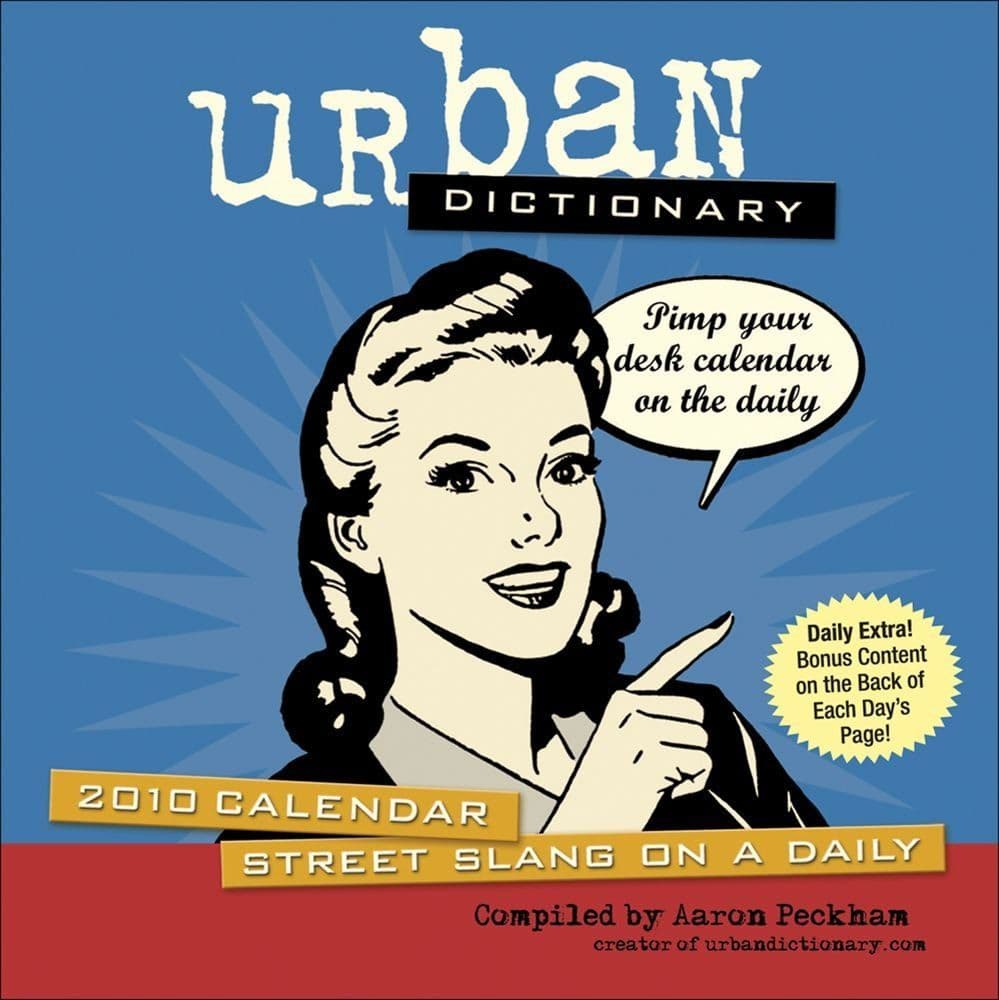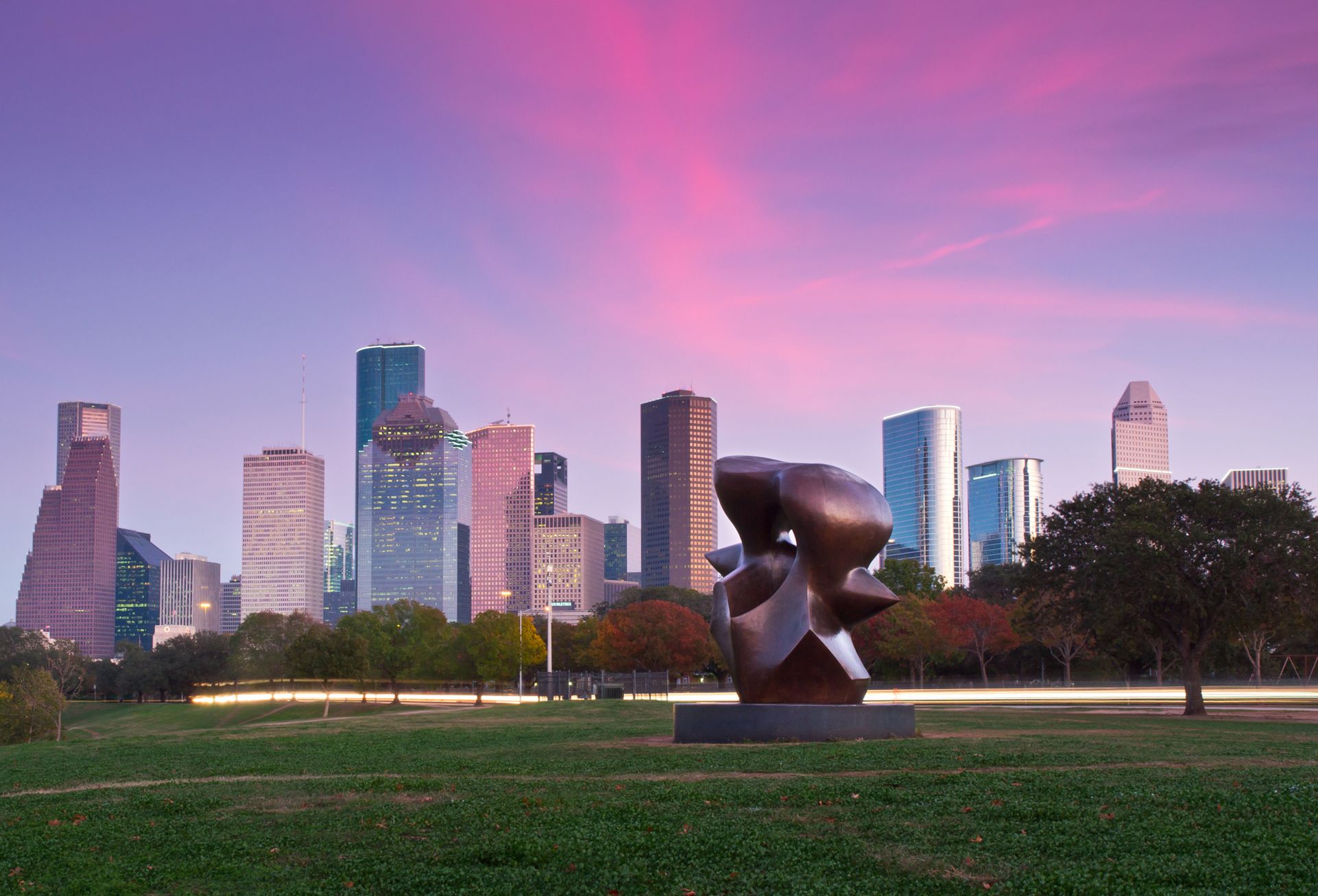
Urban Dictionary: The Evolution of Slang and Pop Culture
Language is constantly evolving, and nowhere is that more evident than in the realm of slang. Slang words and phrases come and go with remarkable speed, reflecting the changing attitudes, trends, and values of society. One of the best places to track the evolution of slang is Urban Dictionary, an online dictionary of slang words and phrases created and curated by its users.

The Origin of Urban Dictionary was founded in 1999 by Aaron Peckham, a California Polytechnic State University computer science student. Peckham created the website as a way to track the slang used by his friends and classmates, and he invited others to contribute their own slang definitions. Today, Urban Dictionary has over 8 million definitions and is one of the most popular online references for slang words and phrases.
The Role of Urban Dictionary in Pop Culture Urban Dictionary has become a cultural phenomenon, with its entries frequently referenced in popular media and conversations. The website's entries reflect the most current and cutting-edge slang and provide a window into the cultural zeitgeist. As a result, Urban Dictionary has become an important resource for anyone trying to keep up with the latest trends and memes.
The Impact of Urban Dictionary on Language Urban Dictionary has had a significant impact on the English language, introducing new words and phrases that have become part of the mainstream lexicon. Many of these words and phrases were once considered taboo or vulgar but have since become widely accepted. For example, "bae" (an affectionate term for one's significant other) and "fam" (short for family, used to refer to one's close friends) are now commonly used in everyday conversation.
Urban Dictionary has also been instrumental in shaping the language of social media, introducing hashtags and abbreviations that are now ubiquitous online. Words like "LOL" (laugh out loud), "OMG" (oh my god), and "BTW" (by the way) were all popularized through Urban Dictionary and have since become an integral part of online communication.
Conclusion Urban Dictionary is more than just an online dictionary; it's a reflection of the constantly changing nature of language and culture. By providing a platform for users to contribute their own definitions, Urban Dictionary has created a community-driven resource that captures the cutting-edge of slang and pop culture. So the next time you come across a new slang word or phrase, check out Urban Dictionary to see if it's already made its mark on the cultural lexicon.
If you're interested in learning more about the meaning of "art of zoo" on Urban Dictionary or have a story or news tip that you would like to submit, please visit our website at Dream Team Promos to learn more about how to get involved.
Appreciate the creator